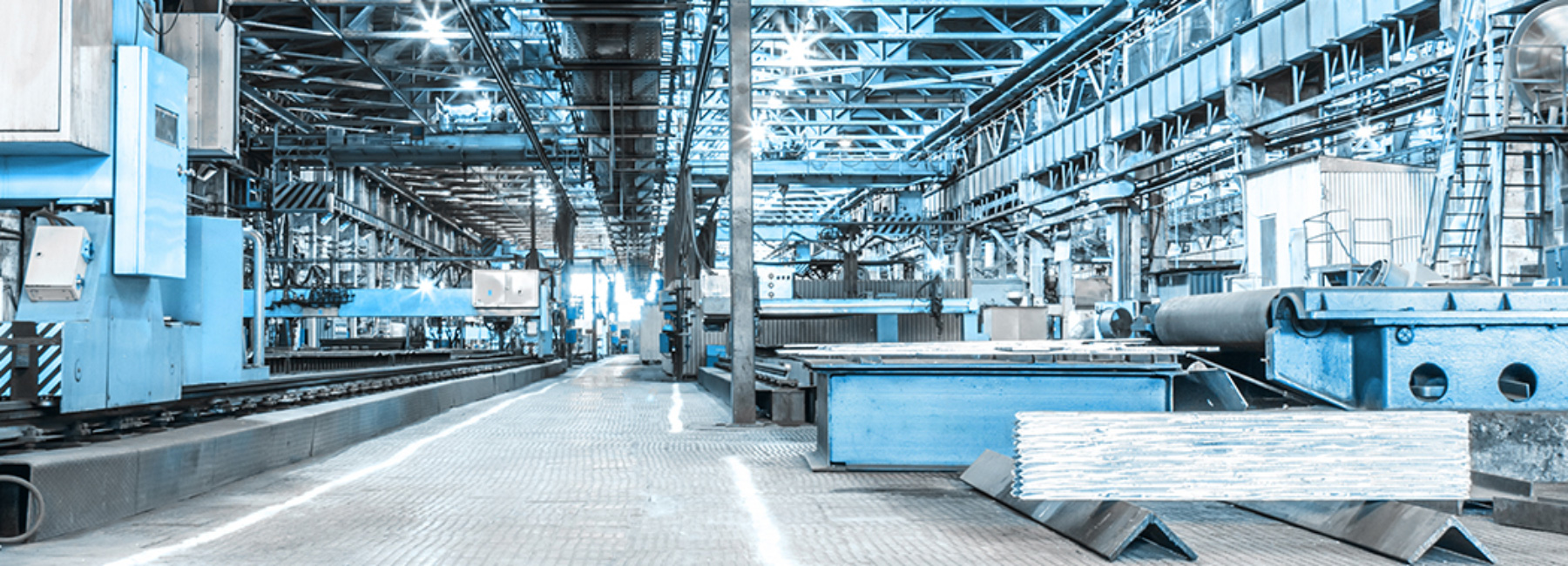Recent challenges facing the manufacturing industry
Every revision, addition and tweak to legacy ERP systems, many of which are decades old, makes it that much harder to maintain and upgrade the platform. What’s more, staffing becomes more difficult because you can’t afford to lose experts who know the ins and outs of customised functions. It’s challenging to train new employees in maintaining ERP systems running on older platforms.
But the greatest risk is this: being left behind as competitors leverage modern ERP systems in the cloud to embrace smart factory and Industry 4.0 technologies, to streamline operations and make exponential gains in efficiency.
Digital revolution
Leading organisations use these digital, connected manufacturing techniques to establish ecosystems of connected products and services that transform operations, enrich supplier value chains and enhance customer experiences.
In the new world, environments are instrumented with sensors, and data sets are newly integrated and analysed. Operators gain visibility into operations, the status of raw materials and components, and the availability of machine and personnel resources. The advanced analytics of ERP system data make it possible to accurately predict demand swings and the need for preventive machine maintenance to minimise production downtime.
Besides keeping production lines in full swing, the advantages of connected manufacturing can be measured in everything from reduced time to market to increased customer satisfaction. A Forrester/SAP study found that companies focused on building around Industry 4.0 can achieve 35% reductions in inventories and $150+ million in capital freed up by aligning supply chains.
Ready-to-run solutions drive quicker time to results
All of these gains, however, are hard to come by using legacy ERP systems, which tend to calcify with age and customisation. Unsurprisingly, then, the Forrester/SAP study found that the majority of organisations who are considering alternatives are leaning toward ready-to-use solutions rather than migrating existing systems.
There are many benefits of standardised solutions, particularly ones that are cloud based. First, implementation and future upgrade costs will be immediately reduced. Features provided by a software vendor are generally maintained by that supplier. That means manufacturing organisations will not have to worry about a customised solution breaking during upgrades.
Additionally, cost savings compound after implementation. Forrester/SAP estimates that organisations will potentially see a 246% return on investment due to savings realised in the project design phase, reduced project risk during execution, faster time to value (access to innovations), and reduction in ongoing maintenance.
New implementations and elimination of customised solutions can require additional costs up front. Organisations that participated in the Forrester/SAP study, for example, cited the time required to understand whether migration to a standardised solution was viable. Additionally, although costs are reduced when it comes to system integration and customer development, the switch does require more investment in change management.
A win, win
Partnering with DXC Technology to migrate to a standardised SAP solution delivers and supports the benefits of Industry 4.0 while minimising any potential drawbacks.
For example, DXC’s SAP for Manufacturing, a select group of offerings, was designed to rapidly exploit the digital era by modernising and extending the digital core to facilitate collaboration with internal and external partners, suppliers, customers and other entities in the ecosystem. Using smart factory and Industry 4.0 approaches and technologies, DXC offers the ability to manufacture products faster, improve efficiencies and transform to sustainable supply chains.
Key SAP manufacturing services include:
- Implementation of SAP Manufacturing Execution (ME) for new production lines and plants or for adapting existing IT to new models and production requirements
- Implementation of SAP Plant Connectivity (PCo) to enable data transfer between environments — we can integrate the systems, implement processes and manage day-to-day operations
- Implementation of SAP Manufacturing Integration and Intelligence (MII) to help integrate data from a range of systems and monitor production in near-real time and execute necessary actions automatically or manually
- Implementation of SAP Digital Manufacturing Cloud (DMC) to accelerate manufacturing processes, analyse manufacturing and business data, and integrate systems
One of the key technical benefits is leveraging SAP’s industry cloud to further aid in standardisation. IT organisations no longer have to customise their systems for business process changes. The digital core remains pure while best practices from the industry cloud can be used to optimise the environment for customer needs.
How DXC can help
As manufacturers shift to digital technology, they face challenges when integrating new solutions with legacy investments.
DXC’s technology independence, industry-leading partnerships and digital talent ecosystem enable us to deliver innovative solutions with the scale, speed and agility required by leading manufacturers like you — producing new value and efficiencies so you can get the greatest benefit from your technology investments.
